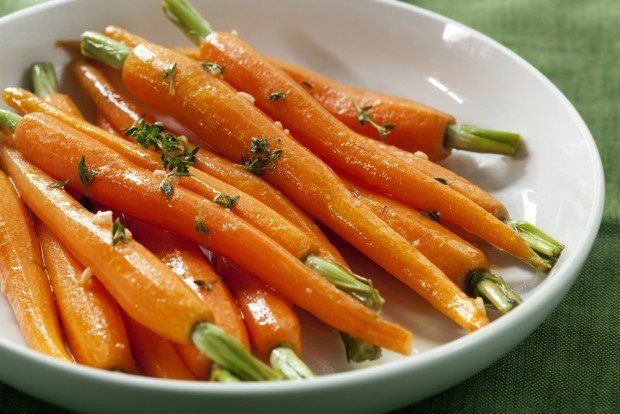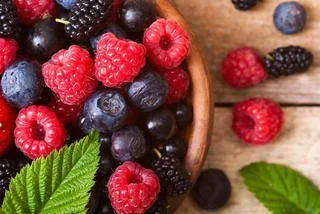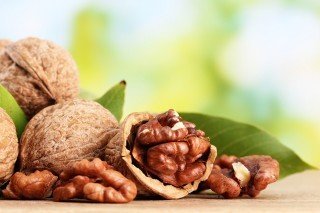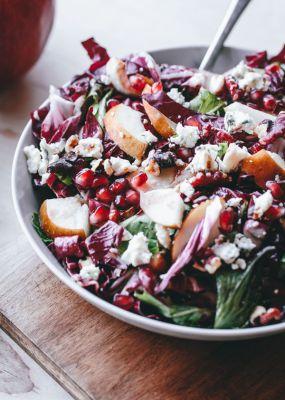Many aspects of your health depend on your eating, including your risk for chronic diseases like heart disease, diabetes, and cancer. It has been shown that your diet heavily influences the development of cancer. Longevity Live Paid Content.
Many foods contain compounds that may help decrease cancer growth. Studies also indicate that certain foods may lower the risk of the disease when consumed in higher amounts. We will examine some foods that may reduce cancer risk in this article.
Foods that Can Help in Preventing Cancer
Firstly it must be stated up front, no food can completely protect people from cancer. Foods that fight cancer refer to those that may lower a person’s cancer risk if they consume them. Some of them prove to be quite effective in preventing the development of cancerous cells. For instance, one of the elderberry uses includes cancer prevention. Other foods you should include in your diet are:
Carrots
According to several studies, eating more carrots reduces the risk of certain types of cancer. According to an analysis of five studies, carrots may reduce stomach cancer risks by up to 26%.
A second study found that carrots were associated with an 18% lower risk of prostate cancer. A survey of 1,266 people with and without lung cancer analyzed their diets. Smokers who don’t eat carrots more than once a week have a three-fold higher risk of lung cancer.
Just a few times a week, include carrots as a tasty snack or delicious side dish to increase your intake and potentially reduce cancer risk. Keep in mind that these studies don’t look at other factors besides carrot consumption and cancer.
 Apples
Apples
Apples really do keep doctors away, as the old saying goes. Various polyphenols in apples are promising anticancer agents. There is evidence that polyphenols can prevent inflammation, cardiovascular disease, and infections.
Numerous studies suggest polyphenols are anticancer and tumor-fighting compounds. Polyphenol phloretin, for instance, inhibits GLUT2 protein, which plays a role in cancer cell growth in advanced stages.
According to a study from 2018, apple phloretin significantly inhibits breast cancer cell growth without affecting normal cells.
Broccoli
In broccoli, sulforaphane is present, an anticancer compound found in cruciferous vegetables. Approximately 75% of breast cancer cells were reduced in size and number by sulforaphane in a test-tube study.
Likewise, an animal study found that sulforaphane reduced prostate cancer tumor volume by more than 50% after it was administered to mice. According to some studies, cruciferous vegetables like broccoli may reduce colorectal cancer risk.
An analysis of 35 studies showed that cruciferous vegetables reduced colorectal and colon cancer risk. Including broccoli in a few meals each week may be beneficial in combating cancer.
Despite this, there is no direct evidence that broccoli may impact cancer in humans based on the available research. Most studies have been confined to test tubes, animals, and observational studies that examined cruciferous vegetables or particular compounds in broccoli. Therefore, more research is needed.
Nuts
There’s research that says nuts may reduce cancer risk. In one study of 19,386 participants, eating more nuts helped lower cancer death rates.
Similarly, in another study, 30,708 people were followed for up to 30 years and were found to have a lower risk of colorectal, pancreatic, and endometrial cancer when they ate nuts regularly.
According to other studies, certain types of nuts may reduce cancer risk. Brazil nuts, for example, are high in selenium, which may help prevent lung cancer in people with low selenium levels.
According to another animal study, feeding mice walnuts reduced the growth rate of breast cancer cells by 80% and the number of tumors by 60%.
Every day, eat nuts to reduce your cancer risk. Nuts might be to blame for this association, but other factors might also play a role. Likewise, nuts also enhance memory.
 Berries
Berries
Anthocyanins in berries have antioxidant properties and may reduce cancer risk. Twenty-five people with colorectal cancer were given bilberry extract for seven days, which reduced cancer cell growth by 7%.
Black raspberry freeze-dried and given to patients with oral cancer decreased levels of cancer markers. According to one animal study, rats given freeze-dried black raspberries had less esophageal tumor incidence and fewer tumors.
The same berry extract inhibited several biomarkers of cancer in another animal study. The findings suggest that eating berries every day may help prevent cancer. Similarly, research also shows a connection between elderberry and cancer, so including it in your diet is also beneficial. However, we still need more human research to examine the effects of berry extract in a high concentration.
Well, these are just some immunity-boosting foods you can take. For more informative content, check out General Queen.
Before We Part!
Current research focuses on test-tube, animal, and observational studies only, although many foods have the potential to reduce cancer cell growth. Whether these foods directly affect cancer development in humans requires more analysis. However, to be on the safer side, try to include these foods in your diet.
Who is the author?

Kamal Salar
Kamal Salar is an SEO strategist with a keen interest in technology. He runs a content marketing company by the name of AllCoolWebs.com. He’s passionate about Gadgets, Social Media, Tech News, Lifestyle Improvement Tips, Finance, and of course, writing. His work has been featured on many sites.



 Berries
Berries

![women [longevity live]](https://longevitylive.com/wp-content/uploads/2020/01/photo-of-women-walking-down-the-street-1116984-100x100.jpg)









